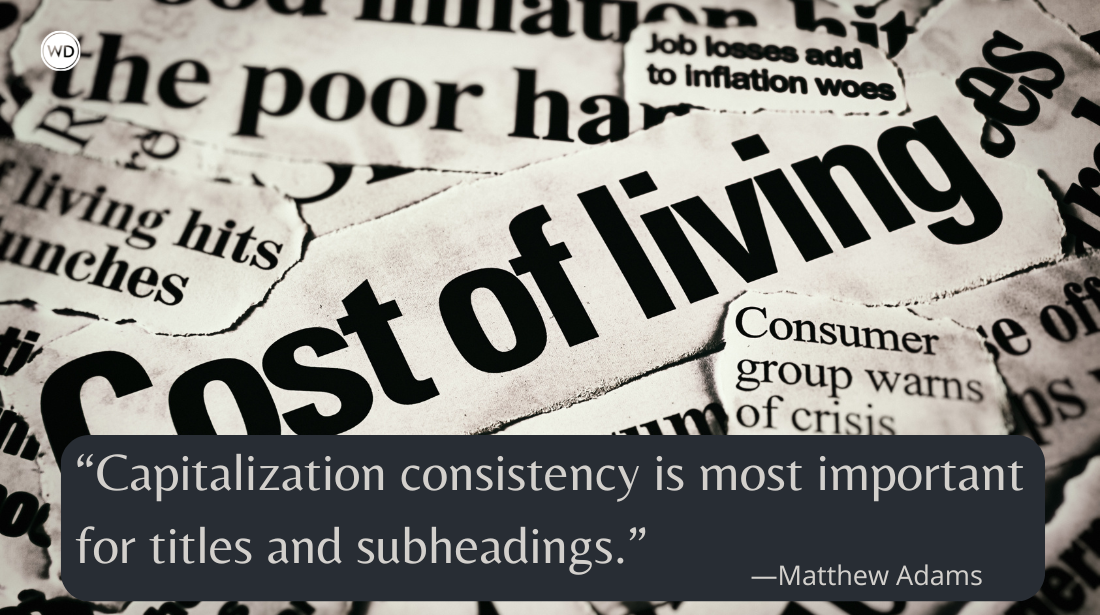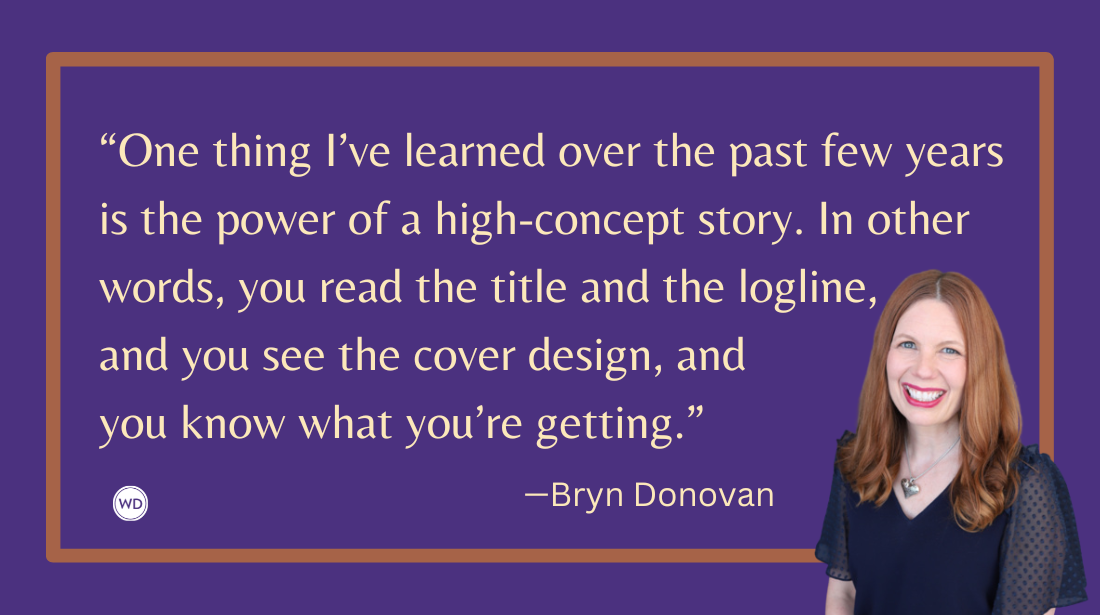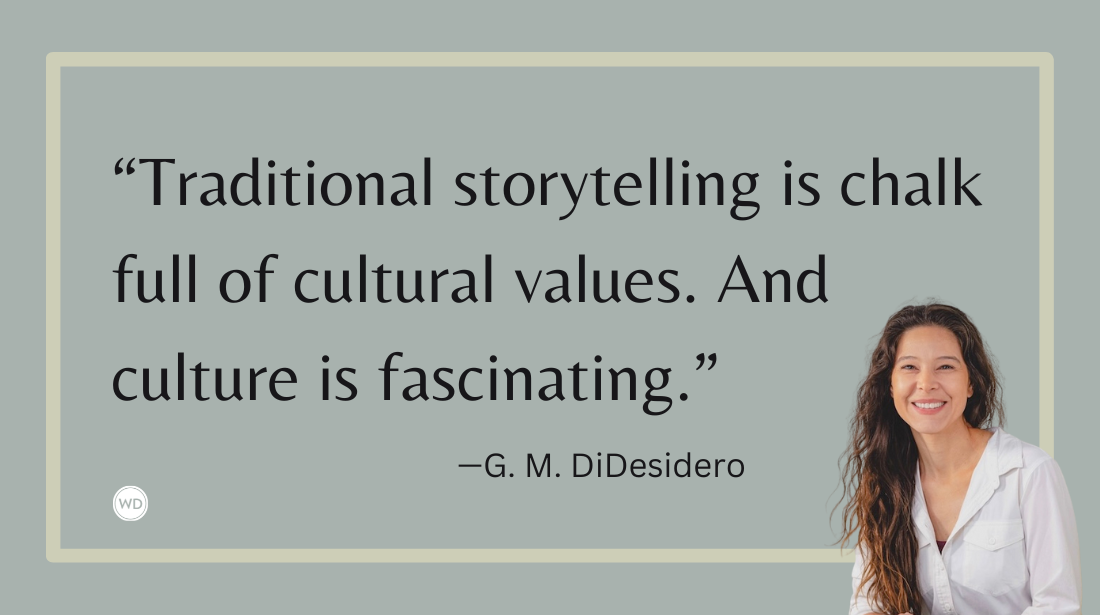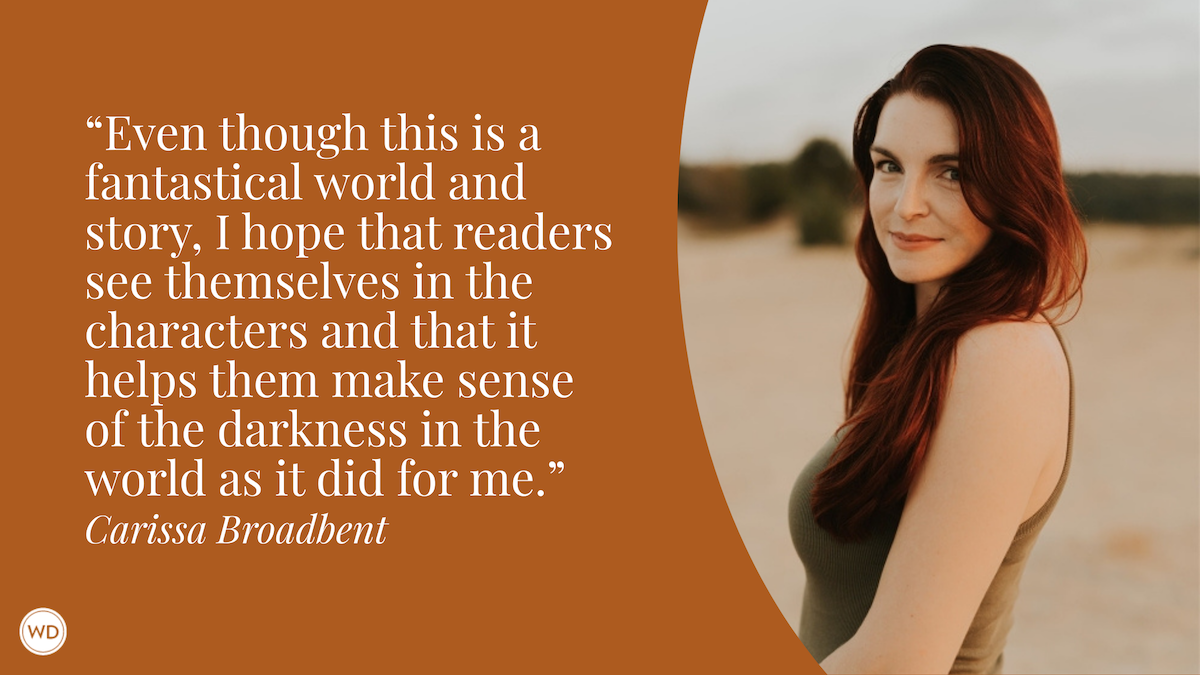5 Lessons I Learned Doing the Flash Fiction February Challenge
WD editor Moriah Richard reflects on the 2021 February Flash Fiction Challenge and shares what the experience taught her.
Last month, I had the pleasure of leading a challenge in which every day, I posted a flash fiction prompt and an example story to go along with it. That’s 28 days of writing and sharing that rough first draft with the community, a more intense schedule than I had when I got my MFA in fiction writing! I was also able to produce a bunch of great creative content, connect more deeply with the community here on WritersDigest.com, and grow as a writer.
Truthfully, that was more creative work than I've produced since 2019; after that, I put down my metaphorical pen (I’ll be real—as a millennial, almost all of my writing is done via Google Docs) and focused more on the editorial side of my career. So, going into the flash challenge, I was definitely rusty and a little out-of-touch with my creative side.
As with any intense writing challenge, coming out of it, I know more about myself as a writer, as well as have a better understanding of my writing. In this article, I’d love to share some of those insights with you!
5 Things I Learned from the February Flash Fiction Challenge
1. A lot of first drafts don’t land the way I envision them … and that’s OK
This was, perhaps, the biggest lesson learned in this challenge. It seems like such a straightforward idea, but it can be very difficult. Since leaving my academic career, I have a different relationship with my writing than I did when I was churning out hundreds of thousands of words just for the pleasure of existing in that fictional universe. I’ve started the bad habit of allowing myself to be frustrated. Why can’t I write it how I see it in my head? I’ll wonder. Or I’ll think things like, I’m better than this.
These are giving-up thoughts. When we aren’t kind to ourselves, when we put too much expectation on what a first draft should look like, we’re yanking the rug out from under ourselves.
I’ll use Day 4’s prompt (write from the perspective of a kitchen utensil) as an example. This is my least favorite of all the work I put out last month; no matter how many times I came at this story, I couldn’t figure out how to make it work. Nothing I put down seemed to say anything. I was frustrated … and a little embarrassed to put it on the site. But you know what? At the time of writing this article, 48 other people wrote incredible stories and shared them on that post! The Good Writing Police didn’t knock my door down and take me to Jail for Bad Stories. I wrote 27 other stories that I was super proud of. If I had allowed myself to give up on Day 4, I wouldn’t have all of those other pieces that I am excited about.
Occasionally, a first draft might come out onto the page squeaky-clean, with just a few edits needed here or there. More often, we produce something rough, warped, and a little ugly. But that’s what second (and third and fourth and even fifth) drafts are for; that’s what revisions are for. And if we just don’t like something we’ve written? It’s OK to put it in the bin. No one has to know but us.
2. Some stories aren’t meant to be flash pieces
This was an interesting side-effect; I left the challenge with a handful of ideas for longer—even possible novel-length—pieces. These first drafts most often came out as a scene instead of a fully contained story.
Day 25’s prompt (write about a cryptid) definitely fit into this category. It was the longest flash piece I wrote for the month (almost hitting the 1,500-word mark) and it was difficult for me to say what I wanted in the piece. As a result, it came off a little flat—what was I trying to say in that final confrontation between Sadie and the snalleyghaster? I’m not sure it came across clearly, because I didn’t have the space to explore it.
These are stories that I definitely plan to revisit. By expanding them, we give them more room to explore their themes, set up the character’s worlds, and write a complete narrative that will feel satisfying for both writer and reader. Just because it didn’t work in the constraints of flash doesn’t mean it’s not a story worth diving back into.
3. The writing fatigue is real
Is there a day it really hit for you? For me, it was around Day 20. It felt like I woke up one morning and all my inspiration had fled. I realized that with other writing challenges I’ve taken on, I usually write longer pieces. This means that for challenges like NaNoWriMo, I’m sticking to one set of characters, one world to explore, one specific plot. For the flash challenge, I really pushed myself to write something completely different every day; different genres, forms, point of views, the works!
I had two ways to confront my writing fatigue
The first was turning to the internet. Pinterest was my go-to to jog my creative brain back into drive. I would look up keywords like “fantasy” or “horror” (enter at your own risk for that second one) and sometimes a visual would spark an idea for me. Some people also use music as a way to engage with their creative side or even spitball ideas with a fellow writer.
My second idea was just to take something I had done that day and turn it into a story. Perfect example: Day 23 (write something based on a random word). The word I’d gotten was “wide-eyed” and I just felt so ugh about it. So, I turned to my daily life. Do you know what I do every night at 10 pm? I take my dog outside. Slap those two things together, and boom—story fodder.
4. Shelving stories instead of throwing them out may lead to new ideas later on
This one sort of feeds into my first point about frustration. I think some of us (read: me) have a habit of tossing something away when we don’t like it. That’s definitely a valid way to go, but sometimes, sitting on something we’re not happy with can lead to something better down the road.
I’ll use Day 18 (write someone’s online dating profile) as an example. This seemed like a fun throwaway sort of prompt; cute but not something I actively wanted to write about or pursue. But for some reason, that character stuck with me. I thought about Eddie a lot. And then I thought this: Who would swipe right on this profile? What kind of personality would they have? How would their first date go? The more I thought about it, the more I was hooked.
Guess I gotta write that story now, huh?
5. The more you write, the easier it gets
As I said, I started this challenge out rusty. I kept telling my friends that it was like I totally forgot how to construct a plot. But by the end of the month, I realized that I was able to produce stories at a faster rate, even if they didn’t quite hit the mark on the first draft. It was easier for me to create characters I liked, explore different worlds, and get into the writing flow. I had developed a rhythm in my day; my spouse and I knew when my writing time would be, and I sat down and worked until I was done. The more I did it, the less of a burden it felt.
I wrote a total of 21,424 words in February for this challenge. That makes the average about 765 words. If I wrote 765 words a day for a year, that would be almost 280,000 words. That’s, like 5.5 NaNoWriMos.
What I’m trying to say with all that math is that daily writing doesn’t have to be as taxing or as daunting as it seems; when I’m in flow, I could knock out that 765 words in an hour or less. If I didn’t write every single day for a year but just stuck with writing that most days, I’d still probably have the first draft of a novel within 12 months. After not writing for pleasure for almost a year, that would have seemed impossible before doing this challenge; now, that I’m feeling myself warming up those writing muscles, it seems like an extremely doable goal.
To summarize, this challenge was really helpful for me in a lot of ways. I had a ton of fun, I got myself back into the writing groove, and I even ended up with a few pieces I would love to clean up and submit to various literary magazines and journals.
Thank you to everyone who joined in, whether you shared your work on the site or not. I hope you had as much fun as I did, and I hope to see you around in the WD comments sections!









